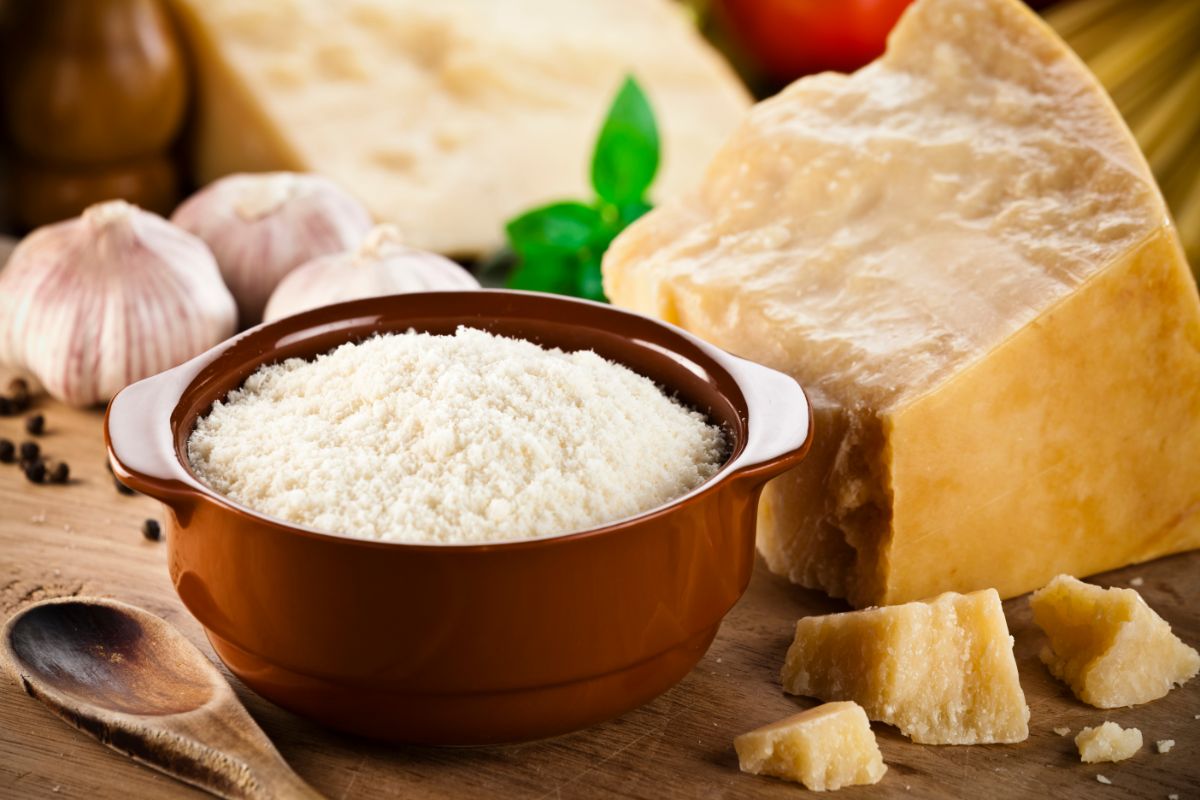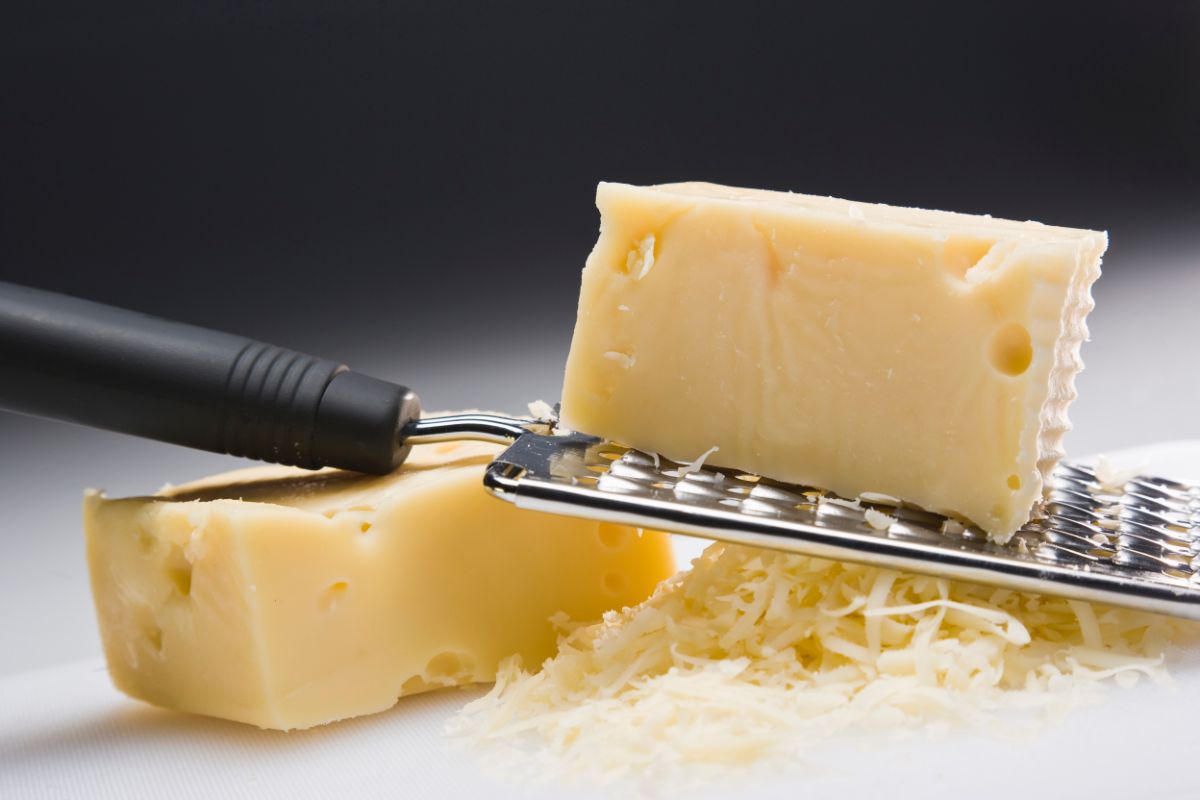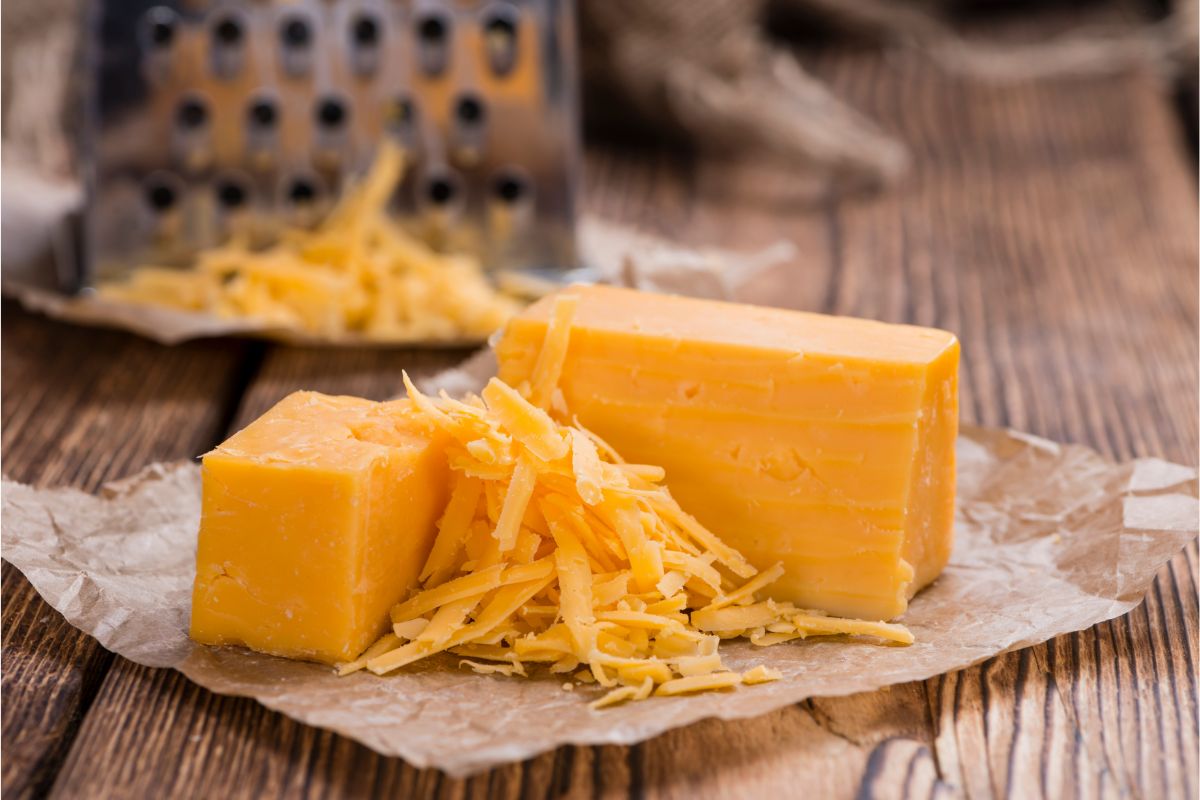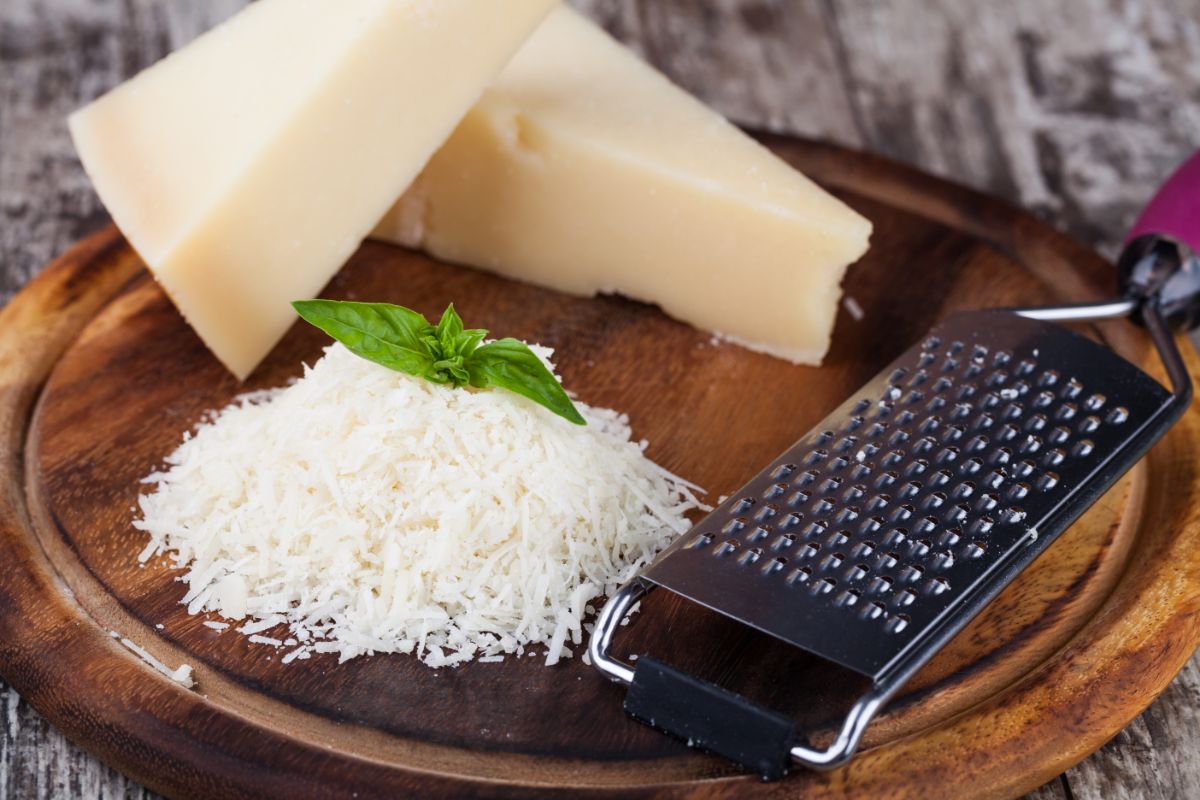If you love to eat cheese, you might be wondering if parmesan cheese contains lactose. This is a frequently asked question as parmesan cheese is a very popular type of cheese used as a topping for a variety of dishes.
You’ll often see Parmesan cheese on garlic bread, Italian pasta, and various tomato-based casseroles. It is a very popular type of cheese with a strong and salty flavor that is sure to satisfy your cheese cravings.
Unfortunately for many people, the bulk of cheese contains lactose, which many people find difficult to process. This makes it difficult for them to find a cheese that they can still eat and enjoy.
Read on to find out if parmesan cheese contains lactose and which other cheeses you can’t eat even if you’re lactose insensitive.
Parmesan cheese contains very little lactose
If you’re a cheese fan, you might be wondering if parmesan cheese contains lactose. The good news for lactose-sensitive people is that Parmesan cheese is very low in lactose and therefore can be eaten by most people.

Parmesan cheese is considered a hard cheese that has matured over a long period of time. It’s then ground into a fine powder that can be sprinkled over a variety of dishes, whether it’s a bowl of pasta or a serving of garlic bread.
Many people may not be aware that Parmesan cheese contains very small amounts of lactose compared to other dairy products. Most dairy products contain a large amount of lactose.
Many people find this difficult to process because their digestion is unable to break down lactose. The consequences are stomach problems and great pain and discomfort when eating lactose-containing foods.
The good news is that not all cheeses contain large amounts of lactose, even though they are made from dairy products. Different types of hard and aged cheeses tend to contain less lactose, so more people enjoy eating them.
Swiss
Swiss cheese is another type of aged cheese that tends to contain a very small amount of lactose per serving. This includes a range of cheeses that are considered Swiss cheeses and usually have a mild and nutty flavor.
They have noticeable holes throughout, which are a result of the maturing process before the cheese is eaten. They’re a great option if you love cheese but are sensitive to lactose.

Cheddar
Cheddar is one of the most common types of cheese you’ll find in grocery stores. It is a hard cheese that has matured for a long time and therefore has a very low lactose content.
The best thing about cheddar cheese is that it comes in so many varieties. Choose the type of cheddar that you like the best, as there are different levels of spiciness.

Brie
Brie is an extremely soft cheese made from cream to create a creamy and earthy tasting cheese. Although Brie cheese is made from dairy products, it is very low in lactose and is therefore suitable for people with a lactose sensitivity.
That’s great news, as Brie can be used in ways you might not want to use other cheeses for. It goes great with fruit and crackers, or you can add it to your favorite cheese recipes.
Provolone
Provolone is another very popular type of cheese that is a good option for people with a lactose sensitivity. It is very low in lactose and comes in a variety of flavors made from different types of milk, with cow’s milk being the most common.
It has a strong, savory flavor and is covered in a thick waxy shell. It’s a great option for those who want a more refined type of cheese without the upset stomach that follows.

Those who are lactose-free can eat parmesan
The good news for those who are lactose-free: you can still enjoy Parmesan. Although Parmesan is a dairy product, it is an aged hard cheese that is not high in lactose.
Parmesan is just one of many cheeses that is very low in lactose, making it a delight for everyone to eat. Many people are not aware of this because they automatically assume that they are not allowed to eat dairy products.

The good news, however, is that not all dairy products necessarily contain a large amount of lactose. This is a component of dairy products that can often be removed or reduced during the product’s manufacturing process.
Why is Parmesan so low in lactose?
The reason that certain cheeses contain more or less lactose often depends on how long the cheese has matured. During the maturation process, bacteria develop that begin to eat up the lactose in the milk product.
Because of this, cheeses that have been aged for a longer period of time, resulting in a harder cheese, tend to be less lactose-heavy. This makes them safe to eat even for lactose-infected people.
That’s why you can still enjoy different cheeses like Parmesan, Cheddar, Swiss cheese and options like Provolone. However, there are many different types of aged cheese that contain less lactose than regular cheese.
